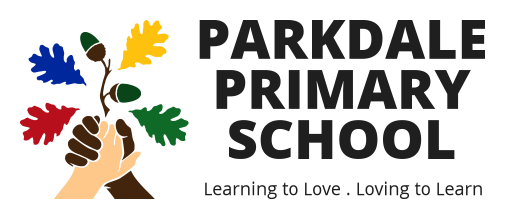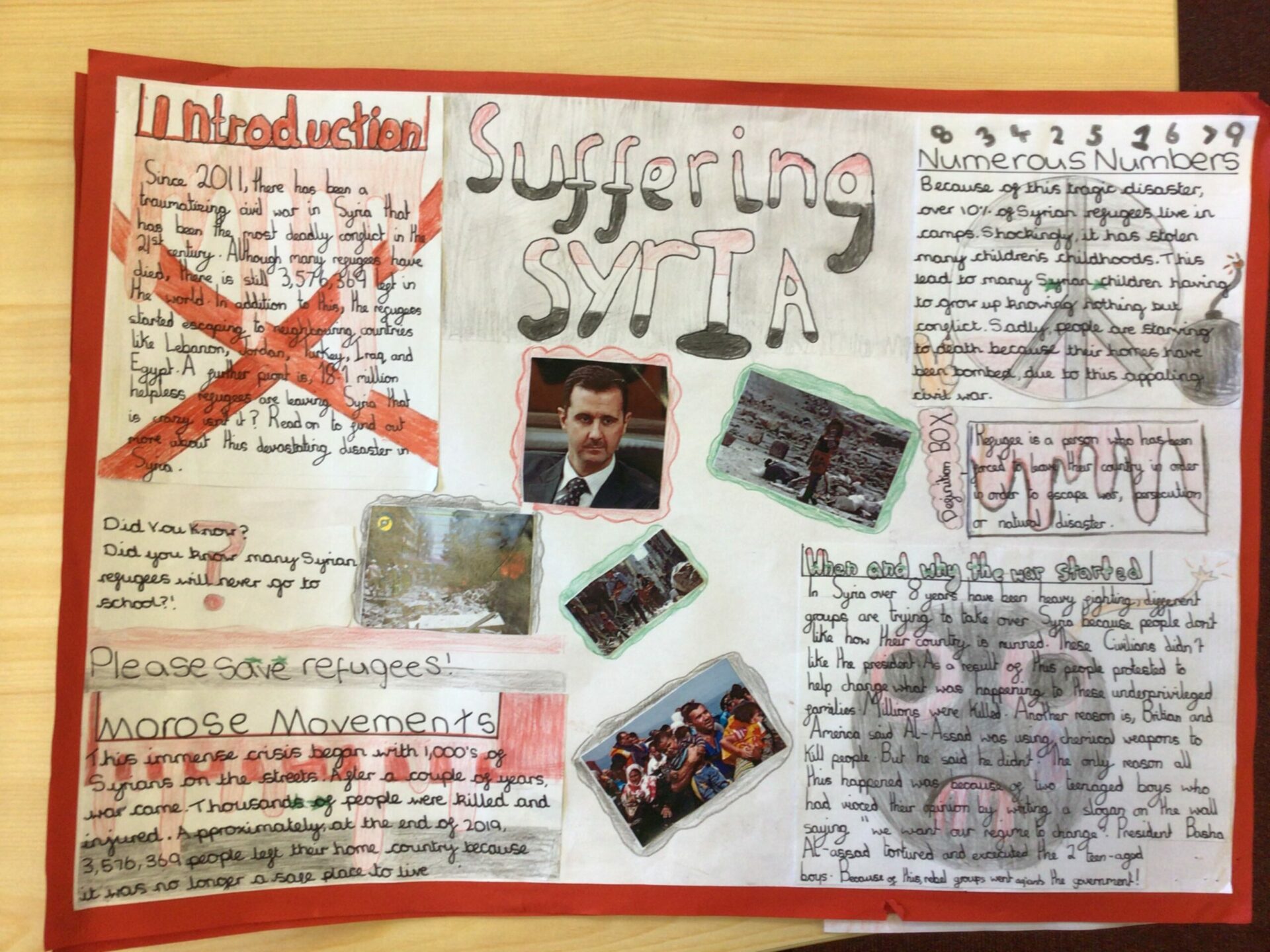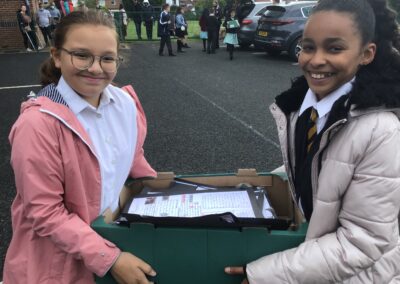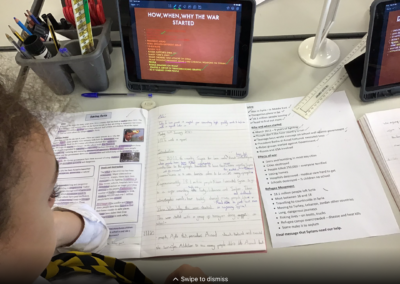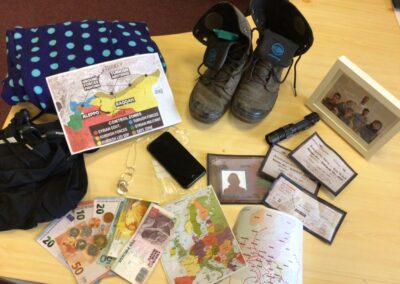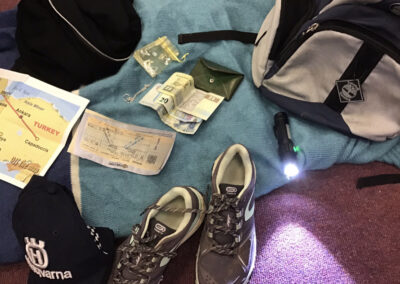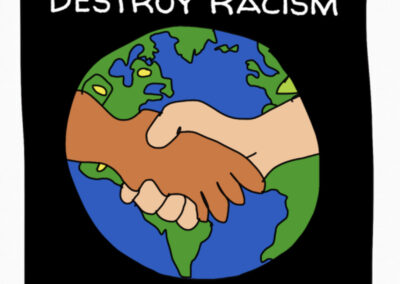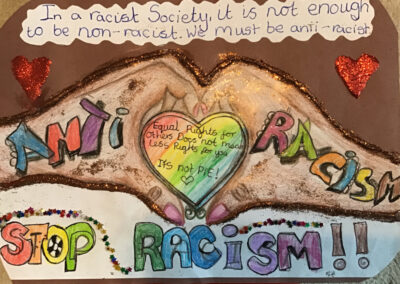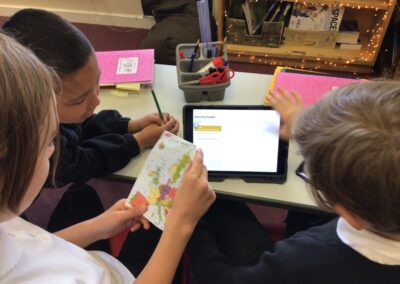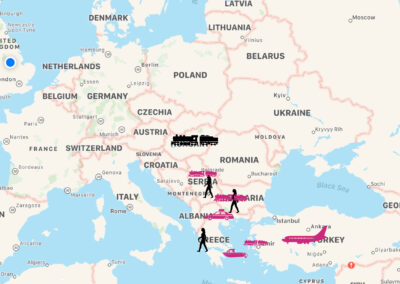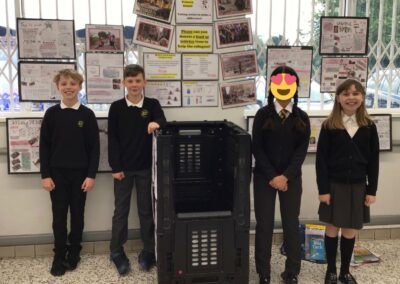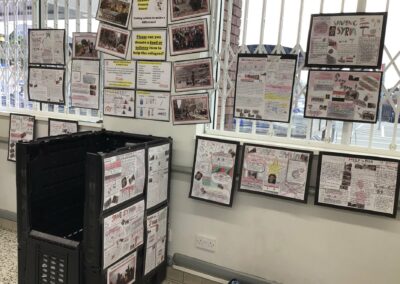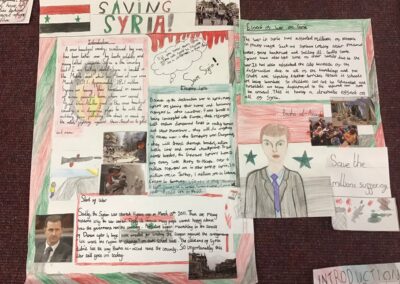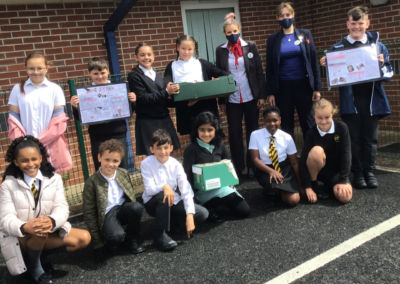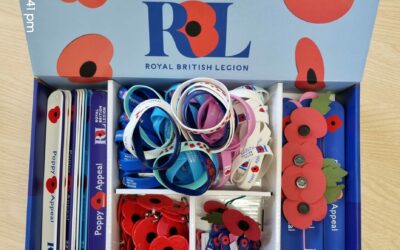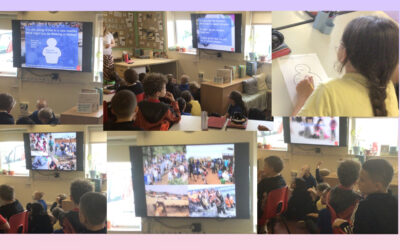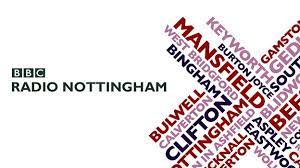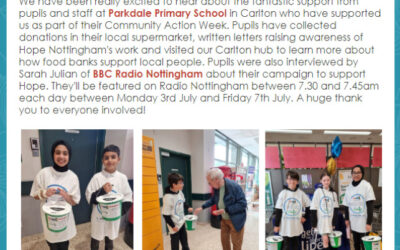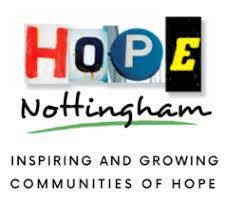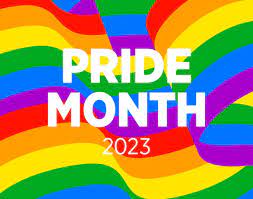Peace & Social Justice
Transform Trust Statement of Position on the Israel-Hamas Conflict
We understand that the news of the ongoing conflict in Gaza is extremely upsetting, particularly for our children, families, and colleagues with connections to the area. Our thoughts are with all those suffering at this time, here and overseas, and we stand together as we pray for peace.
As educators and guardians of young people, it is our moral and legal* duty to provide an inclusive and nurturing learning environment where everyone feels safe and has a sense of belonging.
* Equality Act Public Sector Equality Duty Schools and colleges, along with all public institutions, have a legal duty to eliminate discrimination, harassment and victimisation, advance equality of opportunity and foster good relations.
Our children are agents of change, and in partnership with our parents and carers, we are helping them to become charitable, global citizens and community-minded people. We will always do what we can to support humanitarian aid causes across the world to help any child who is suffering.
It is our responsibility to help our children understand, process and formulate their views on important issues without prejudice or bias. In doing so, we cannot ignore the scope and seriousness of the situation in Israel and Palestine and the complexities involved. Adults and children hold a wide range of beliefs and, in discussions on conflict, we need to take an approach that allows all children to engage and benefit.
Here, as ever, our values of inclusivity and kindness prevail as we support our children and encourage our communities to promote peace, compassion and kindness.
We won’t tolerate any form of hate, discrimination or harassment.
What to do if your children are worried:
Within school, our children know they can always talk to a trusted adult about any worries or concerns they may have, and parents and carers can speak to our Pastoral support team.
Reporting any form of harassment:
If any member of our family community experiences harassment outside of school, we encourage them to report it via the appropriate channels and seek support.
Here are some useful links:
https://www.educateagainsthate.com
Advice for parents:
https://www.educateagainsthate.com/category/parents/safeguarding-advice-and-support/
https://www.gov.uk/report-hate-crime
Welcome to the page for our topic ‘Peace and Social Justice’, or as the children may know it by ‘Peace and Conflict’. All year groups may have their own topic name based around this whole school theme.
The Peace and Social Justice team is jointly led by Mrs Bass and Mrs James and also includes Mrs Garrett and Mr Hillier.
Our intent at Parkdale is for our children to have an understanding of the world in which they live in. We want our children to be able to understand and talk about past and present events, not only in their own lives but also from around the world. The children at Parkdale will leave our school with a deeper understanding of how events fit together to tell the story of our past.
The ‘driver’ values for this theme are:
- To develop the skills of cooperation and conflict avoidance or resolution
- To understand that important lessons can be learnt from History
- To develop a love for historical enquiry and thinking
- To develop a sense of fairness and an appreciation of justice
A more detailed breakdown of our main curriculum drivers involved in this topic are:
Early Years – understanding the world – people and communities: children talk about past and present events in their own lives and in the lives of family members. They know that other children don’t always enjoy the same things, and are sensitive to this. They know about similarities and differences between themselves and others, and among families, communities and traditions.
Key Stage 1 (NC 2014 Equivalents) –significant people and chronology * how we know about the past * significant periods, events and chronology, events beyond living memory * comparison with now * events within living memory * personal and family history * historical research skills
Key Stage 2 (NC 2014 Equivalents) – use fieldwork * study an aspect that links events * conduct a local history study * understand that movement of people is associated with historical change * assimilate information and views from a range of sources * select and organise information * ask and devise questions * note connections, contrasts and trends
Documents
Subject Review
Gallery of Learning
Royal British Legion Poppy Appeal
Poppy Appeal Please see the attached poster to explain how Parkdale will be supporting the RBL Poppy appeal this year.
Year 6 Galleries of Justice Visit
An exciting visit to the National Galleries of Justice has been arranged for Year 6 pupils on Tuesday 21st November. Please click on the link below to find out more information: Galleries of Justice Letter 2023
A Busy Charity Week
Just a few extra reminders on what looks like a very busy week ahead in which we have three charity events going on, contributions to all of which are entirely voluntary. Children can participate regardless of any donation. So...in chronological order... Tuesday...
Salvation Army Visit
As part of our refugee topic this term, we had the pleasure of having a guest speaker in from the Salvation Army to discuss the refugee crisis and how we at Parkdale can help. We also considered what thoughts and feelings a refugee might have.
Radio Stars!
If you were unable to catch our five brief appearances on BBC Radio Nottingham last week, they have been compiled onto one long clip here. The BBC tell us they have had so much wonderful feedback from listeners about the work we have done to support Hope, the learning...
More on Community Action Week
The amazing work our children have done as part of Community Action Week has made it into the Hope charity's newsletter: https://myemail.constantcontact.com/June-Newsletter-2023.html?soid=1139552187389&aid=Zr20Ot6scBM We are very proud of this contribution from...
Community Action Week Update
Community Action Week has continued to expand and has almost become Community Action Month - no bad thing as our children continue to do brilliant things for our community and develop their social awareness. On Tuesday, a group of ten Year 6 pupils visited the Carlton...
Windrush Day in Y2
As Windrush was 75 years ago today, the children in Year 2 have listened to David Olusoga read Floella Benjamin's uplifting story 'Coming to England'. It is a story about the triumph of hope, love, and determination, Coming to England is the inspiring true story of...
Community Action Week Update
It’s been a while since we’ve provided an update on how our whole school project on Community Action Week is going. We are proud of everyone’s contributions to the project so far and here’s a brief outline of what we’ve been up to… Y6 have written letters to local...
Pride Month
June is Pride Month. At Parkdale, we have a very diverse community that includes all permutations of family arrangements,.We also have children who are beginning to identify or experiment with different gender/relationship characteristics, some at a surprisingly young...
